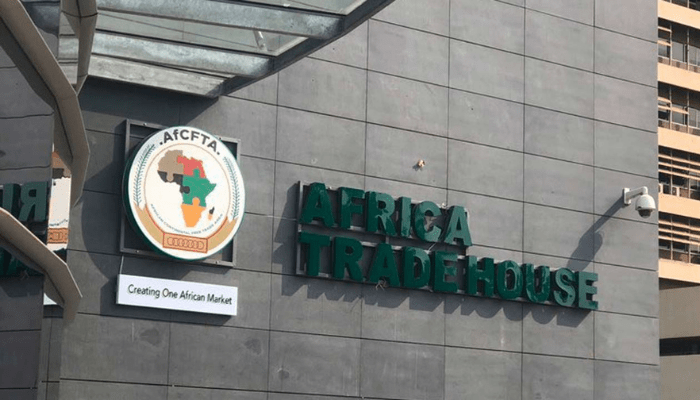The Ethiopian government has declared strong interest in fully using the African Continental Free Trade Area (AfCFTA) to unlock new economic opportunities and improve the country’s trade performance. This comes as the country struggles with a large trade deficit and looks for new ways to expand its economy.
Ethiopia’s Minister of Trade and Regional Integration, Mr Kassahun Gofe, made this statement on Friday while speaking at a validation meeting for the country’s National AfCFTA Implementation Strategy. The event was jointly organized with the United Nations Economic Commission for Africa (UNECA) in Addis Ababa.
According to the minister, the free trade pact has the power to transform the country’s trade outlook by giving Ethiopian businesses more access to other African markets, and by creating new partnerships. “This agreement presents a great opportunity for Ethiopia to address our significant trade deficit,” Mr Gofe said.
Ethiopia is finalising its National AfCFTA Implementation Strategy, which the minister said is closely linked with the country’s long-term development plans. The strategy is aimed at changing how the Ethiopian economy works, by encouraging private sector-led growth and creating better conditions for businesses to thrive.
“The strategy includes important macroeconomic and structural reforms,” Gofe noted. “These reforms are aimed at making our economy stronger, more modern, and better prepared to work with other African countries and the global market.”
The government said its goal is to open up the Ethiopian market and benefit from intra-African trade through AfCFTA, which is one of the flagship projects of the African Union’s Agenda 2063. The free trade area agreement is expected to become the largest in the world by the number of countries involved.
Since AfCFTA came into force in 2019, 47 African countries — including Ethiopia — have ratified it. The pact covers a market of over 1.4 billion people, with a combined gross domestic product (GDP) of around $3.4 trillion.
The aim of the AfCFTA is to increase trade among African nations by removing tariffs and other barriers. It focuses on promoting trade in value-added goods rather than just raw materials. This is expected to create jobs, strengthen regional supply chains, bring in investment, and boost economic development.
UNECA, one of the main supporters of the AfCFTA project, said the agreement gives African countries a strong chance to trade more with each other and rely less on overseas markets. Experts say that if Ethiopia plays its cards well, the deal could help solve some of the country’s long-standing trade and economic problems.
Over the years, Ethiopia has heavily relied on imports, including manufactured goods, fuel, and machinery, while mainly exporting agricultural products such as coffee and livestock. This trade imbalance has been a major challenge for the economy. But with the AfCFTA, Ethiopian businesses can now seek customers across the continent and export more value-added goods.
The Ethiopian government said its national strategy will also work on improving trade infrastructure, reducing customs delays, and strengthening trade-related institutions. The goal is to make Ethiopian products competitive in African markets.
The Ministry of Trade and Regional Integration has urged the private sector, business associations, and development partners to support the implementation of the strategy, noting that trade growth is not only a government responsibility.
As Ethiopia positions itself to benefit from the AfCFTA, experts say coordination between the federal government, private sector players, and regional institutions will be key to success.
UNECA officials also advised Ethiopia and other member states to focus on skills development, digital trade, transport networks, and financial systems — which are all critical for making the free trade area work effectively.
With its new national strategy almost complete, Ethiopia hopes to become one of the key players in the AfCFTA space in the coming years.
